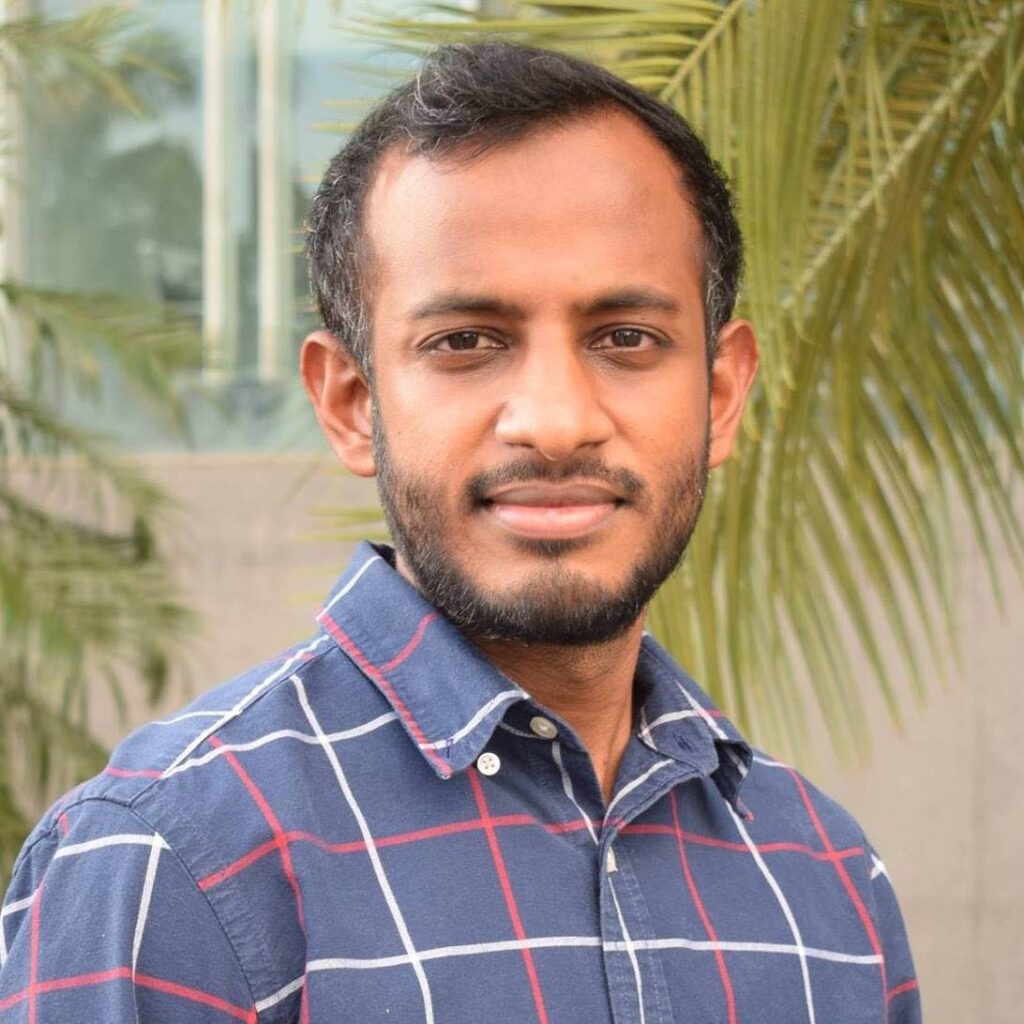A challenge for Generations X, Y, Z

TAUREEF MOHAMMED
EVERY WARD rounds, it seemed, the consultant would get interrupted by a phone call – sometimes more than once. His conversation, lasting not more than a few minutes, was always the same: “Yes Gloria (not her real name), I am at work. I’ll pass after work,” he would say, cheerfully. One day, after ending the call, he glanced at me and said, “Don’t ever forget that one day you will get old.”
What does it mean to get old?
The consultant’s relative on the other side of the line had dementia – as soon as the call ended, she forgot the call had happened.
Does growing old mean dementia? No. Dementia is not a normal part of ageing.
However, age is the biggest risk factor for dementia. Two in every 100 people between 65 and 69 have dementia, and the risk doubles every five years thereafter. In a group of 100 people over 90 years old, 33 will have dementia.
I admit, as a doctor who sees older people with problems, my view about growing old is arguably skewed.
In the geriatric medicine clinic, I need to know: one-third of my patients fell in the last year, and 60 per cent of those who fell will fall again; 80 per cent have at least one chronic condition, and 50 per cent at least two; 30 per cent are on five or more prescription drugs; up to 30 per cent of males and 50 per cent of females have urinary incontinence and most of them will not seek care for it, leading to social isolation, sexual dysfunction – yes, old people have sex – depression, and increased caregiver burden.
So, when I see an older person, I don’t imagine Frank from Everybody Loves Raymond who gets by living a sedentary life, eating potato chips, and making witty remarks.
On a side note, over the last couple years, a string of movies and TV shows has been released in which the protagonists are older people with dementia. The Father, starring Anthony Hopkins – he won best actor at the 2021 Oscars for his performance, making him the oldest recipient of the award at 83 – is the most notable.
The Last Days of Ptolemy Grey, based on Walter Mosley’s 2010 novel, is on my to-watch list. Samuel L Jackson, who plays Ptolemy, a nonagenarian living with Alzheimer’s dementia, said the show was a personal one for him. “My grandfather, my mom, her brother, her sister, and my father’s sister all had it (Alzheimer’s). So I kind of watched the light go out in a lot of people’s eyes,” the 74-year-old actor said on The Tonight Show.
Anyway, whether the realities of growing old are best captured by Ptolemy, Frank, a patient presenting to a geriatric clinic, or Lester Wright – who broke the centenarian 100m world record last year – is irrelevant.
The more important question is how do we counteract the cascade of health issues that accompany ageing and make growing old less burdensome for everybody involved.
The number of people who are currently facing that challenge is unprecedented.
According to the World Heath Organization, in 2020, for the first time in history, the number of people over 60 years old outnumbered those under five; by 2050, the global population of older people is expected to double to 2.1 billion from one billion in 2019; developing countries, including those in Africa, Latin America, the Caribbean and Asia, will see the fastest increase in the number of older people.
Policy makers have their work cut out for them and the United Nations's Decade of Healthy Ageing (2021-2030) initiative is geared toward guiding them in that regard.
We, millennials, and the generations that followed, also have our work cut out for us. The generation that preceded us is mostly above 60 years old. In TT, according to WHO data, a person 60 years old is expected to live a further 20 years.
The longer life expectancy of humans coupled with lower fertility rates – which is the polar opposite of the demographic in the past when life expectancy was shorter and fertility rates higher – make the situation almost worrying.
Recently, Health Minister Terrence Deyalsingh quoted the fertility rate in TT as 1.9.
How do two children care for two or even one ageing parent with medical complications? Ask anyone who has done it: there is no simple answer.
A good start, though, is empathy. “Don’t ever forget that one day you will get old.”
Taureef Mohammed is a graduate of UWI and a geriatric medicine fellow at Western University, Canada


Comments
"A challenge for Generations X, Y, Z"